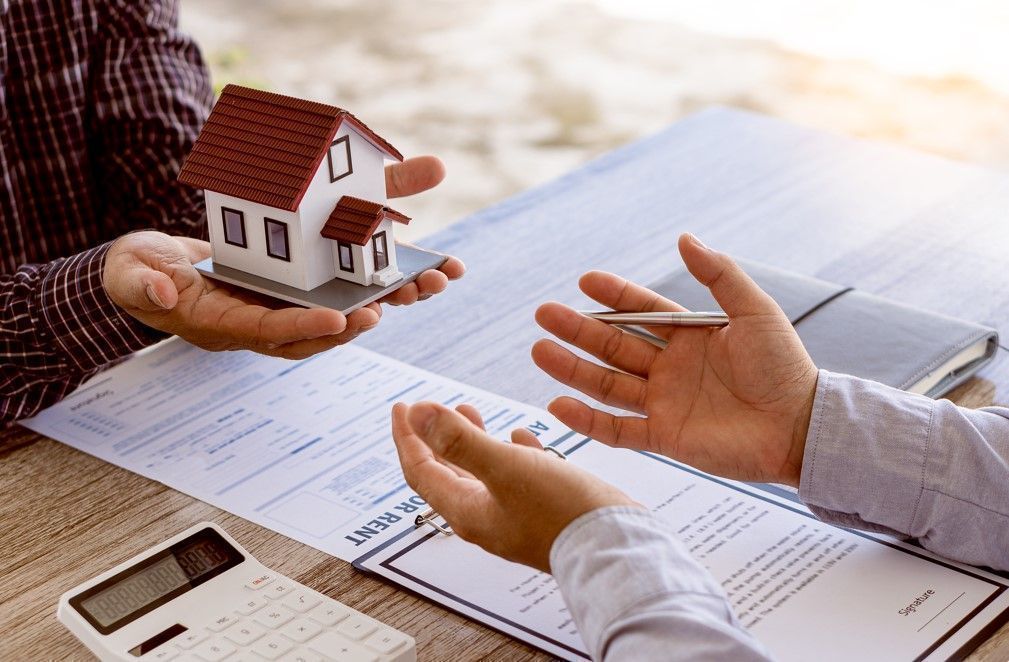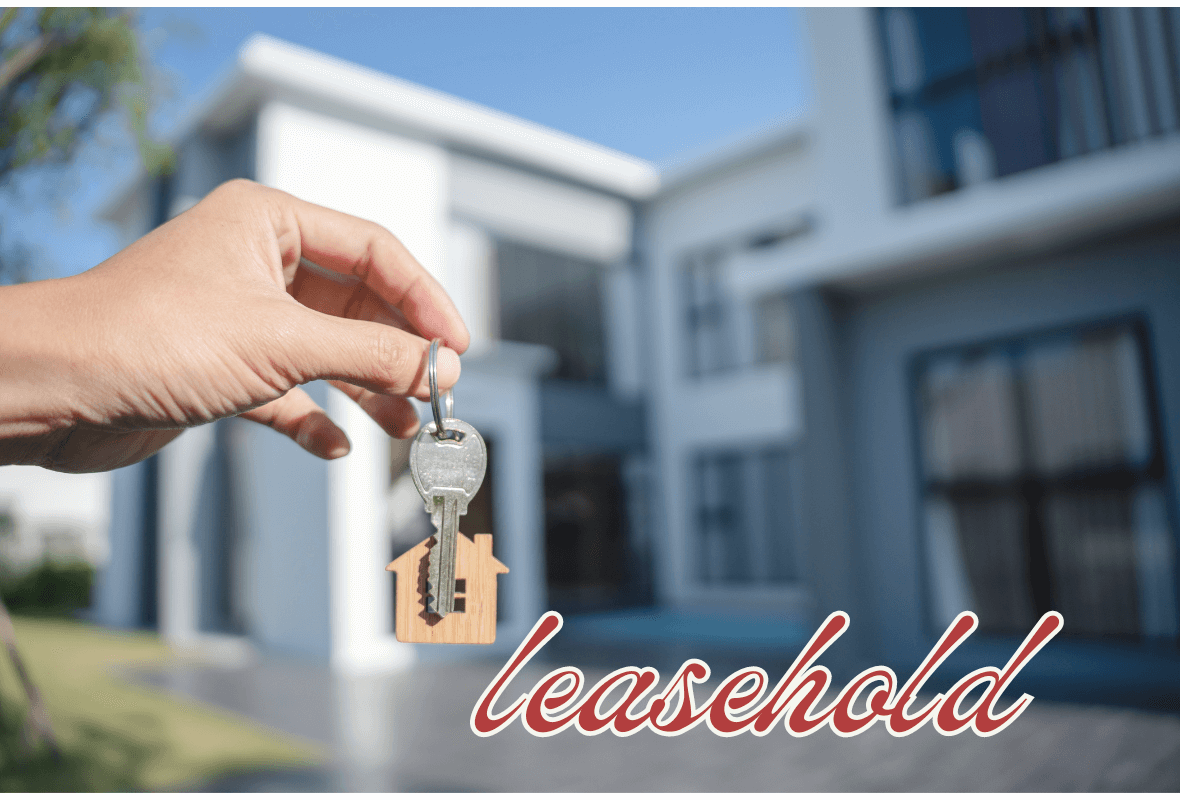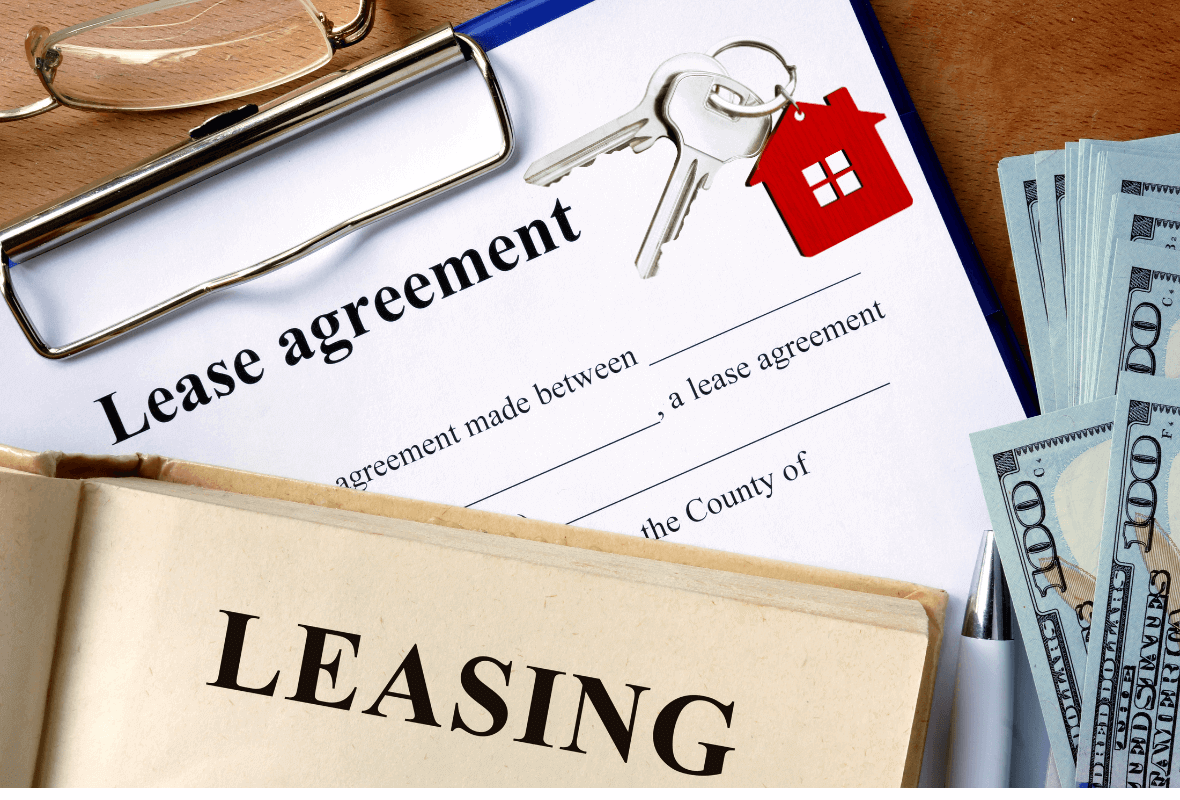
A comprehensive guide to understanding leasehold property rights in Dubai
So, Dubai, a global investment hub, has a plethora of new property projects being announced regularly, overwhelming investors with choices. While locals can own properties outright, expats are limited to freehold or leasehold arrangements. This article will explore the advantages and disadvantages of leasehold property ownership in Dubai.
What is Leasehold Ownership?
Leasehold properties in Dubai provide a distinctive ownership model. While you own the building itself, the land beneath it remains under the ownership of the government or a private landlord.
The ownership of this property comes with a predetermined lease term, often lasting 99 years. However, the exact duration can differ depending on the developer and the property’s location. It’s crucial to understand that this lease outlines the time period during which you can occupy and use the property. After the lease expires, the property rights revert to the original owner.
Leasehold property owners in Dubai may face restrictions on extensive renovations and need to obtain approval from the landlord or governing body.

Leasehold property is available for purchase by non-citizens in the UAE, usually with a 99-year leasehold period.
Who can Buy Leasehold Property?
Expats in Dubai can invest in property through leasehold ownership. The specific areas for leasehold purchases are outlined in Regulation No. 3 of 2006. Popular choices include Palm Jumeirah, The World Islands, Downtown Dubai, and other prime locations, offering a diverse range of options.
Interestingly, the buying process for leasehold and freehold properties is quite similar. For more information on the specific regulations regarding foreign ownership in the city, check out our blog post on the rules for foreigners buying property in the UAE. There, you’ll find valuable resources on purchasing property in Dubai and other emirates as an expat.
 Dubai offers leasehold property ownership opportunities to non-residents in certain locations.
Dubai offers leasehold property ownership opportunities to non-residents in certain locations.
Now, let’s discuss the advantages and disadvantages of purchasing a leasehold property in Dubai.
Pros of Buying Leasehold Properties
Let’s explore the advantages of owning a leasehold property in Dubai.
Limited Liability
In a leasehold property, the property owner is generally responsible for maintaining and improving the building. This means tenants have limited financial obligations for upkeep. However, with the landlord’s consent, tenants can make repairs or modifications to the property.
Lower Initial Cost
Leasehold properties offer a more affordable entry point into the property market because the lessee only purchases the right to use the property for a specific period.
Shared Maintenance
Leasehold communities typically share the upkeep of communal spaces and amenities, distributing the costs among residents and easing the financial burden on individual homeowners.
Government Regulations
Leasehold ownership provides a degree of assurance thanks to government regulations. These regulations outline the development and maintenance standards for the property. This can be especially attractive to foreign buyers who may be unfamiliar with local customs and practices.
It’s important to be aware that these regulations can have drawbacks, such as restrictions on property modifications and potential future increases in lease fees.
Investment Opportunity
Leasehold properties often offer attractive returns for investors due to their lower initial cost and potential for high rental income.

Flexible Options
Leasehold properties provide a more adaptable ownership structure compared to freehold, offering limited terms instead of permanent ownership.
Dubai offers flexible lease options: shorter terms for temporary residents and longer terms for those seeking a more permanent home.
Cons of Buying Leasehold Properties
Here are a few drawbacks to consider when purchasing leasehold properties in Dubai:
Limited Control
Leasehold properties typically require approval from the landowner or governing body for any modifications. This can limit your ability to customize the space or make substantial changes.
Uncertainty
If you don’t own the land you’re using, you may face uncertainty about its future, as the landowner could change the lease or use the land for other purposes.
Potential for Disputes
While shared maintenance in leasehold developments can alleviate the financial pressure on individual homeowners, it can also lead to conflicts. Residents may disagree about the quality or cost of maintenance or even clash with the landowner over service charges or management decisions.
Also, Renters cannot sublease their properties without prior approval.
FAQs About Leasehold Property Ownership in Dubai
Can a leasehold property be converted to freehold ownership?
While converting a leasehold property to a freehold can be a complex process that demands substantial resources, it’s certainly achievable.
What are the advantages and disadvantages of leasehold and freehold properties?
Freehold property in Dubai offers full ownership rights, including the land. This allows you to sell, rent, or occupy the property at your discretion and even pass it on to future generations.
While freehold properties offer permanent ownership, leasehold properties are held for a specific term, often not exceeding 99 years. The landowner retains control over the land, and your rights are restricted to the leasehold period.
What are the procedures for renewing a leasehold property in Dubai?
If you’re interested in extending your leasehold rights, here’s a guide.
- Review the lease agreement
- Contact the landlord
- Negotiate new terms
- Create a new lease agreement
- Register the new lease agreement
Where can I find leasehold properties in Dubai?
Foreign residents can purchase leasehold properties in specific areas of Dubai. Popular choices for leasehold ownership include Jebel Ali, Al Jaddaf, The World Islands, and Ras al Khor.
How do we register a leasehold property under Dubai law?
In Dubai, registering a leasehold property with the Dubai Land Department (DLD) is essential to legally validate your lease agreement. This post outlines the necessary documents for obtaining leasehold property ownership in Dubai.
We hope this guide has provided valuable insights into leasehold property ownership in Dubai. To learn more about the advantages and disadvantages of owning property in the city, explore our comprehensive resource.
If complete ownership is your goal, explore the freehold property regulations in Dubai before making an investment.
Want to invest in Dubai property? Follow Luxury Spaces for expert insights.

